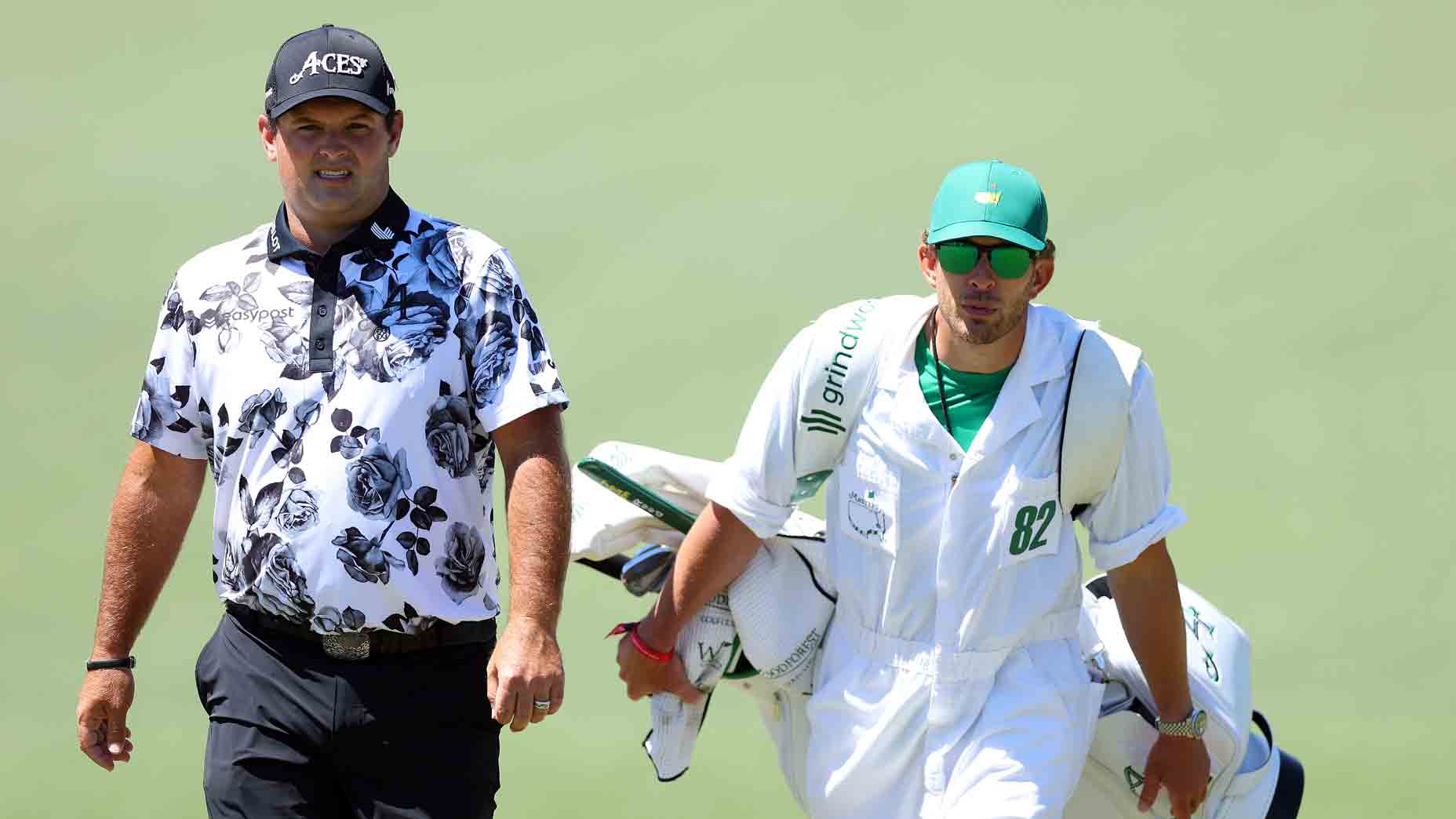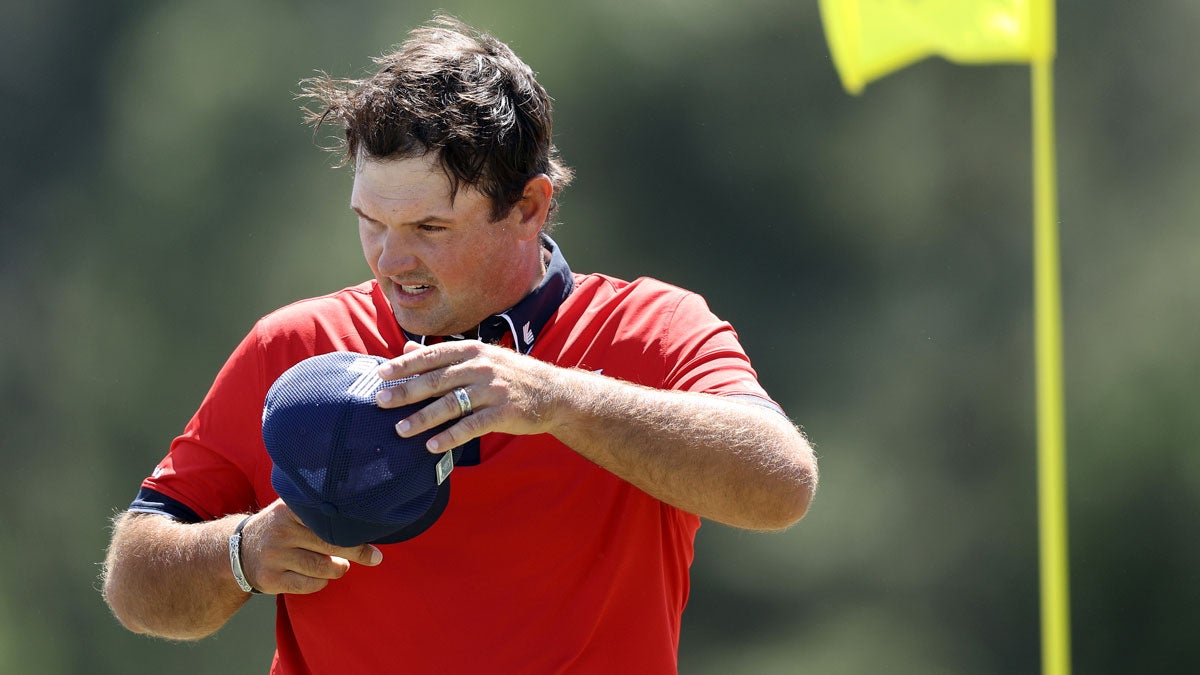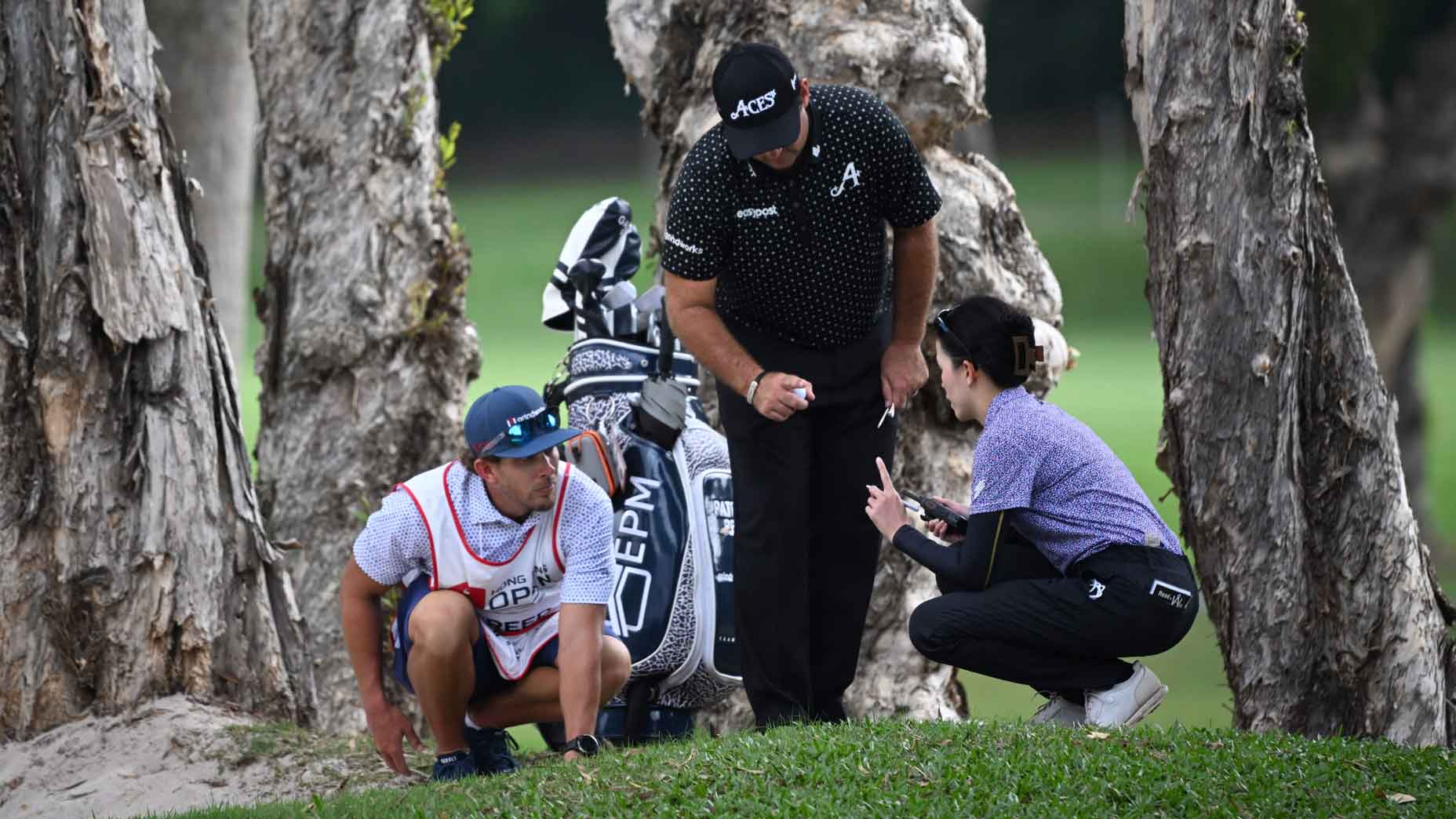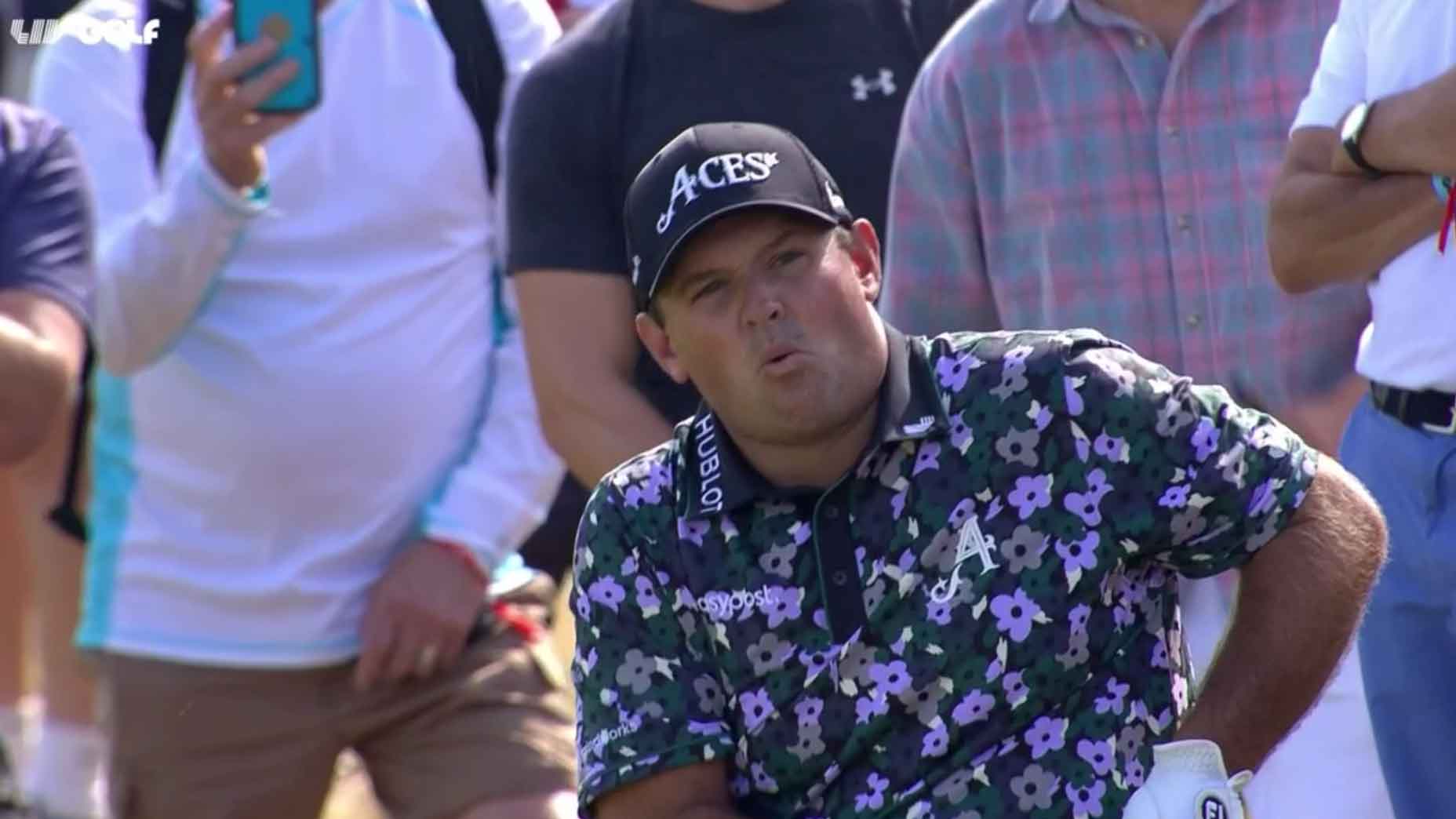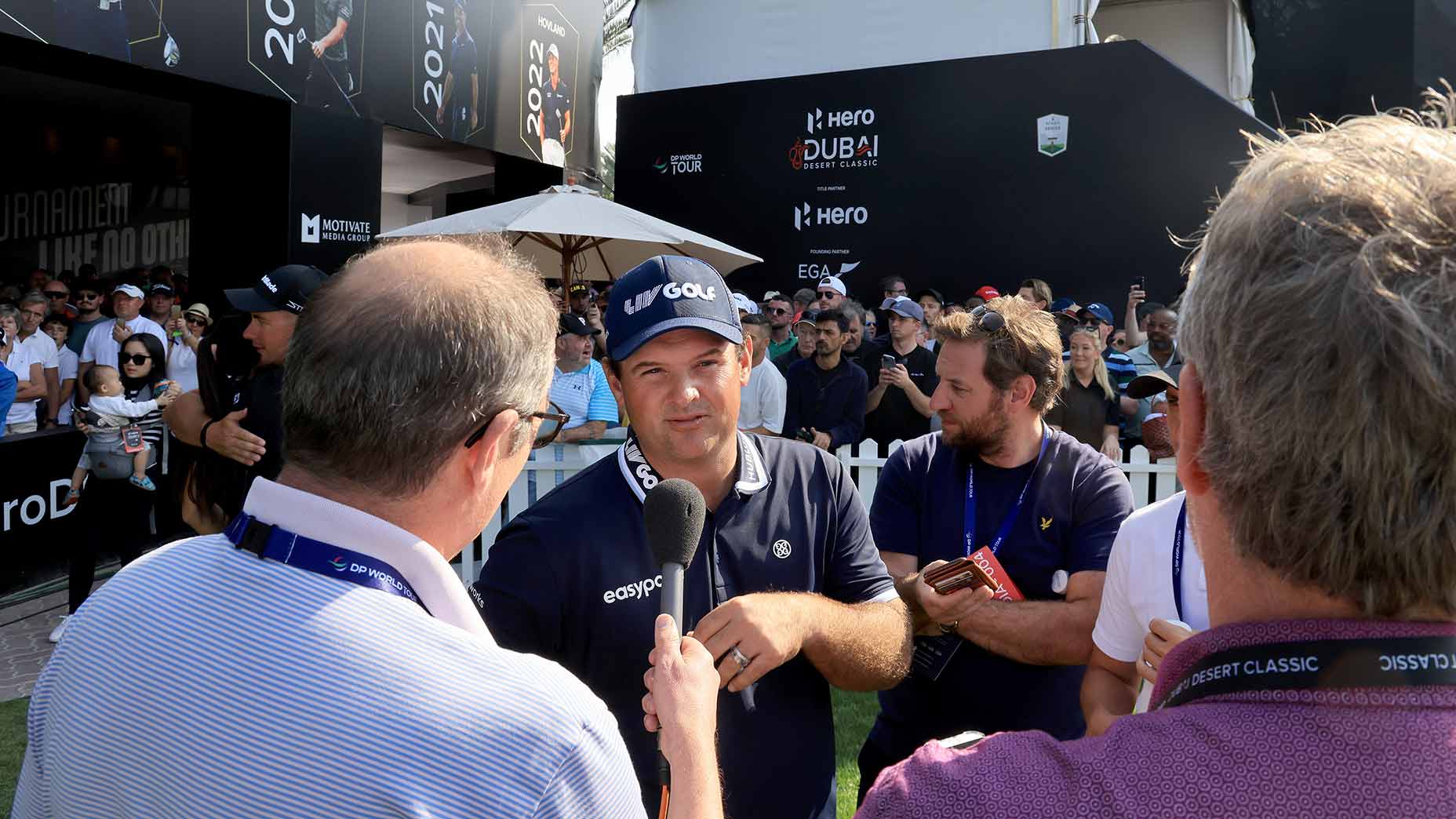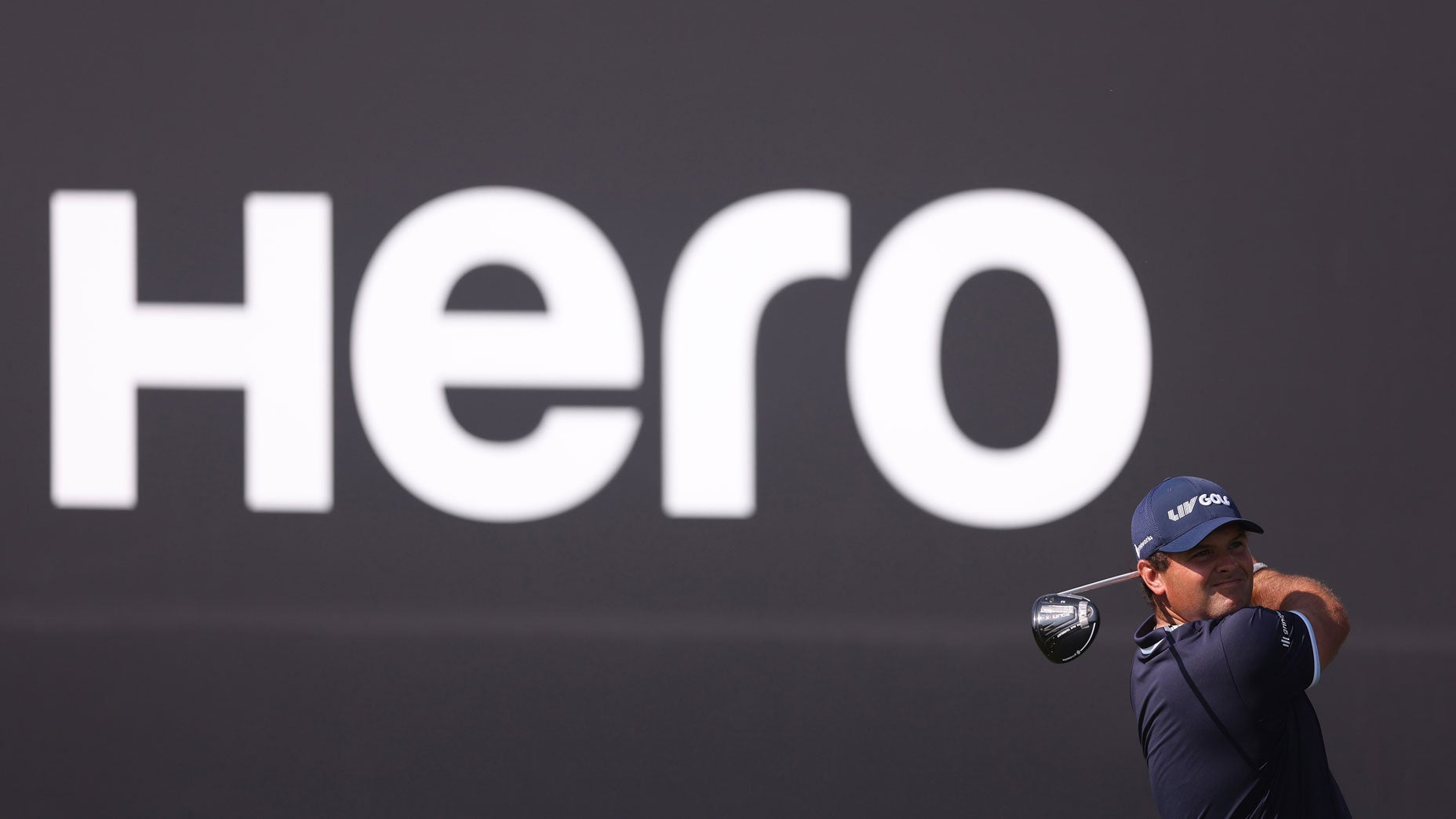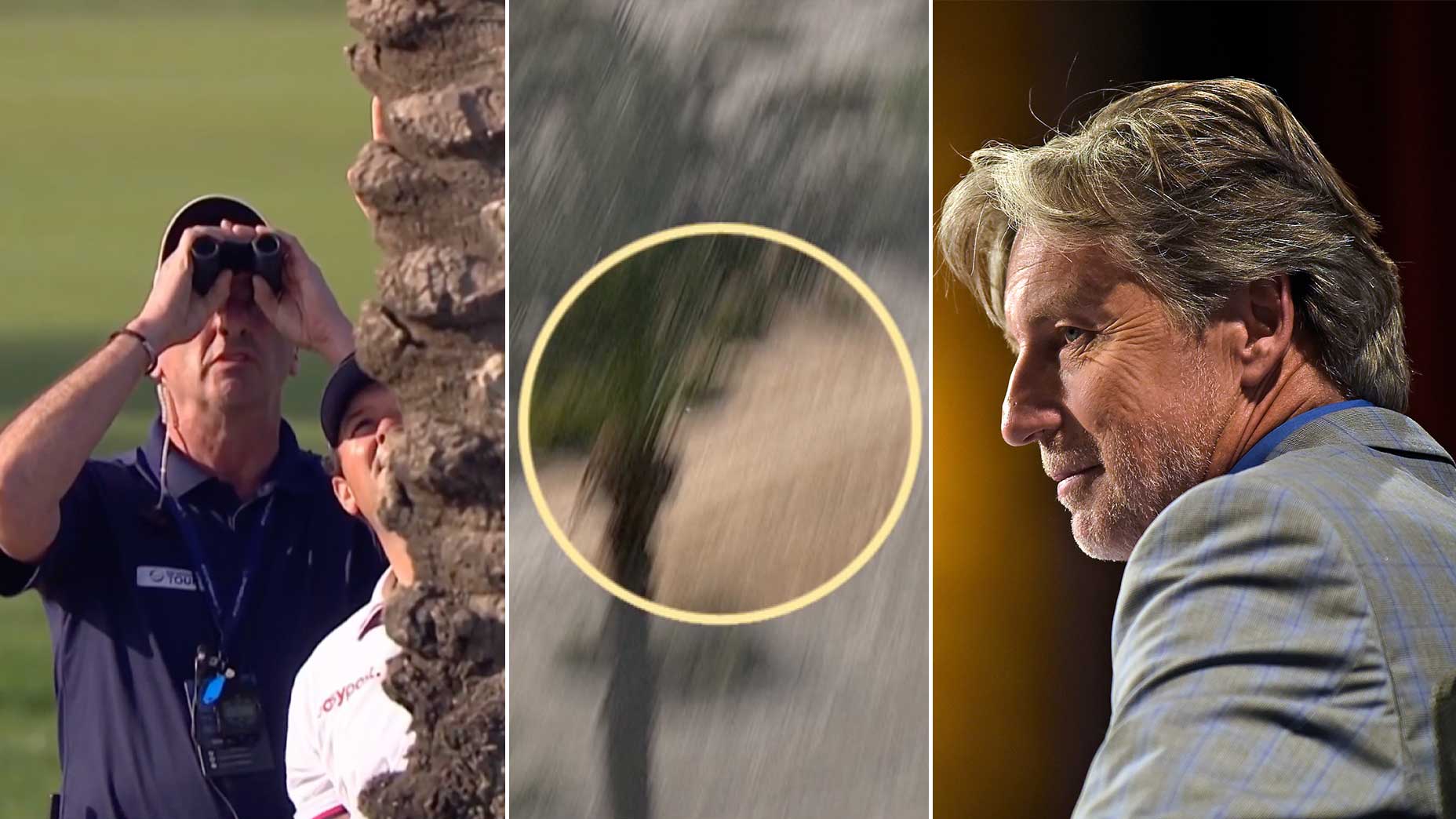Why did Patrick Reed withdraw and refile his defamation suit? Here’s one possible reason
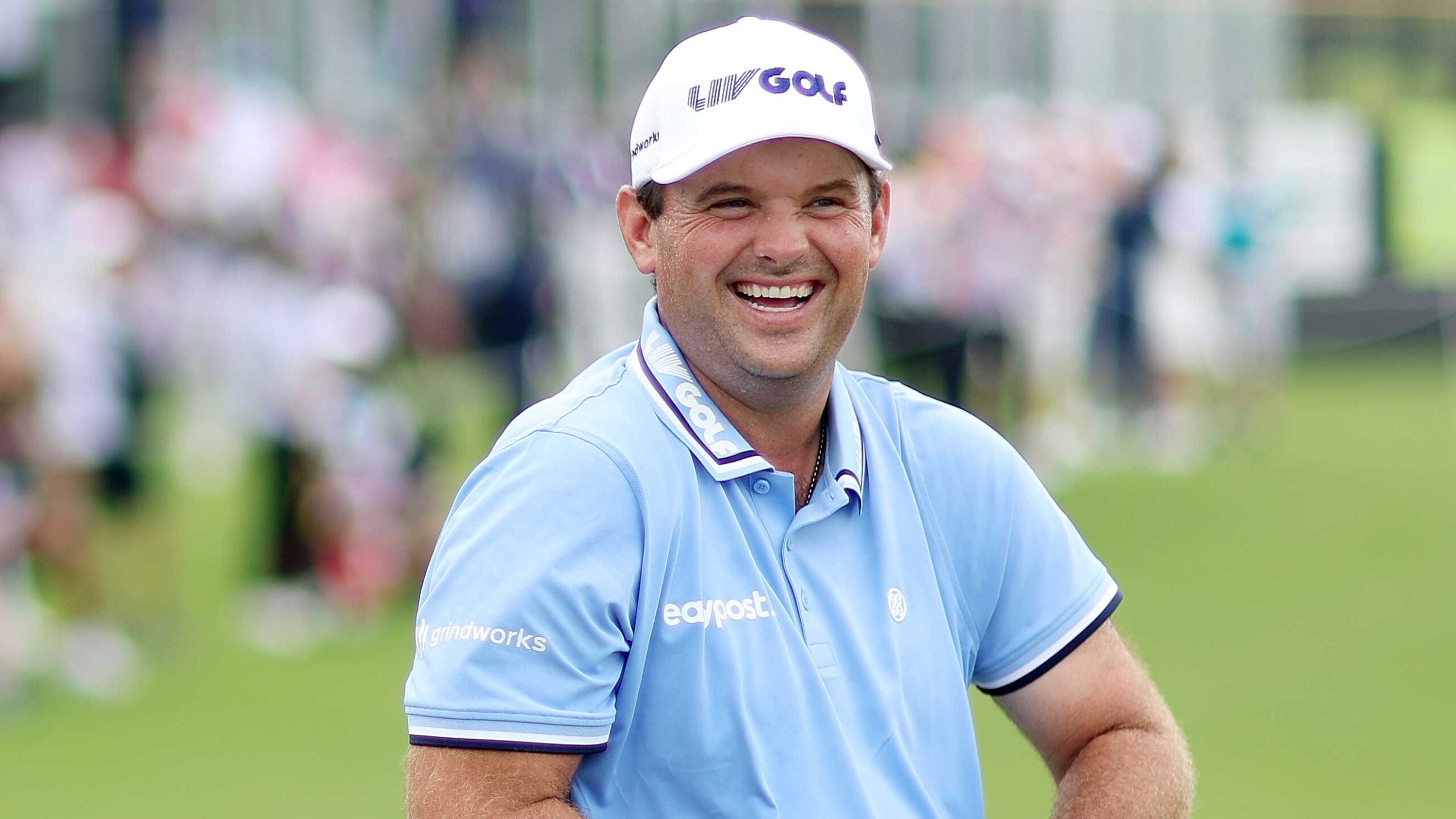
Patrick Reed at the LIV Bangkok event earlier this month.
getty images
The polarizing career of Patrick Reed has often left fans wrestling with questions.
Why would he say that about a Ryder Cup teammate?
What was he thinking when he moved sand at the Hero?
Was he really entitled to embedded-ball relief that time at Torrey?
Now comes another Reed-related puzzler. In this instance, though, it stems not from the course but from the courts.
The nine-time PGA Tour winner-turned-LIV golfer was in the news again late last month when a defamation suit filed in his name against Golf Channel and Brandel Chamblee was withdrawn from federal court in Texas, only to be refiled in federal court in Florida.
In its refiled form, the suit expands upon the list of defendants (Golf Channel commentators Shane Bacon, Damon Hack and Eamon Lynch have been added), but its thrust is pretty much the same: It seeks $750 million in damages for injuries it claims Reed has suffered to his reputation as a result of “calculated, malicious, false and/or reckless attacks.”
Otherwise, the biggest change is geography: Florida instead of Texas.
Why the switch?
Adding more defendants did not necessitate the move, several legal experts told GOLF.com. The original claim could have simply been amended and left in Texas.
There must be another reason.
Reed’s attorney, Larry Klayman, did not respond to a request for an interview, but the legal experts did offer a couple of possible explanations.
When Reed’s case was first filed in Texas, it was assigned to Alfred H. Bennett, a federal judge who also happens to be an avid golfer and a reported stickler for the rules of the game. Given Reed’s reputation and the judge’s fondness for playing it as it lies, it is not unreasonable to believe that Klayman felt that he and his client had gotten an unlucky draw and thought they’d stand a better chance in a different court.
This would not be unusual. Attorneys often seek out judges and jurisdictions that they believe will be favorable to their cases, says Matt Jacobs, a former federal prosecutor and partner at DLA Piper, an international law firm. In the absence of another explanation, Jacobs says, “it looks to all the world that (Klayman) is shopping around.”
In this case, though, there is another wrinkle. Klayman might have started thinking about withdrawing the case from Texas the moment Bennett was assigned to it, in August. But more recent events appear to have forced his hand.
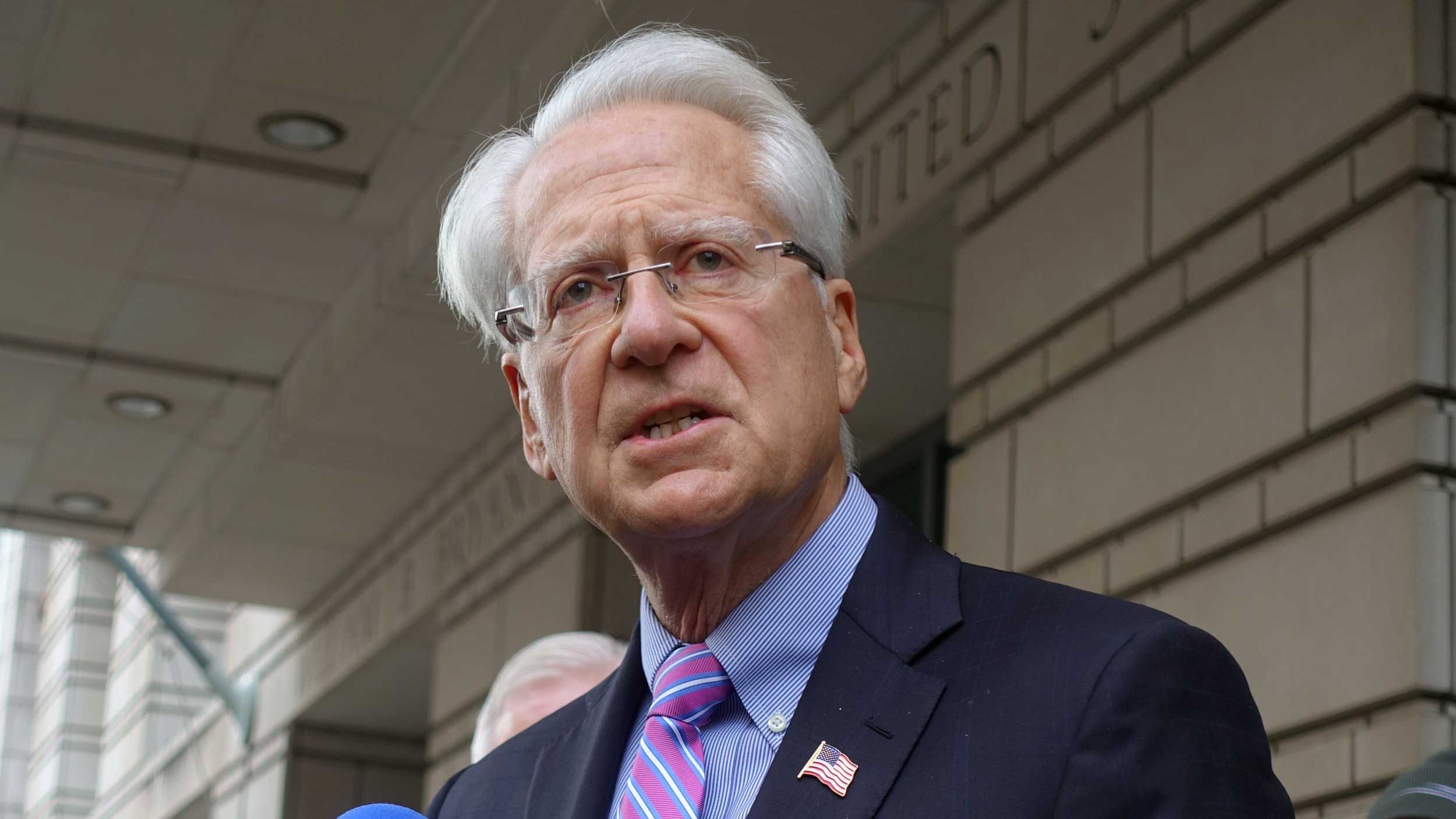
Bear with us, as this gets a bit wonky.
About a month ago, on Sept. 15, the District of Columbia Court of Appeals — the highest court in the District of Columbia — upheld a recommendation that Klayman be suspended from practicing law in D.C. for conduct that was deemed unprofessional in a different case, unrelated to Reed’s — a sexual harassment suit, initially filed more than a decade ago, in which Klayman was representing the plaintiff. (You can read the court’s report on the matter here, which includes violations of the professional code that Klayman was found to have committed; Klayman told Reuters that the ruling was a “political hit” and that he had been unfairly targeted because of his support for former President Donald Trump.)
Though the 18-month suspension was handed down in D.C., it carries wider implications, because the federal district court in Texas where the Reed suit was filed has its own local rule stating that any lawyer “suspended or disbarred by another court shall immediately cease to practice before this court.” At this point, in other words, even if Klayman wanted to keep the case in Texas, he wouldn’t be permitted to represent Reed there, experts said. In the Florida district where the Reed suit has been refiled, the local rule is more lenient: An attorney can have a suspension stayed by petitioning the judge for relief.
Translation: Klayman appears to stand a better chance of being able to represent Reed in the district where the case has been refiled.
Klayman’s suspension marks the latest hurdle for a case that legal experts say has been a long shot from the start. The First Amendment provides a right to free speech, and defamation law errs on the side of protecting that right, especially speech about public figures, such as Reed, Jacobs says.
To establish defamation, Reed would need to meet a lofty legal standard. Proving that he has suffered financial harm would be difficult, too, Jacobs says. “Patrick Reed plays golf for a living and he gets paid a lot of money to do so,” Jacobs says. “Given that he has just signed an extremely lucrative contract with LIV, the idea that he has somehow been prevented from earning his keep seems, on the face of it, absurd.”
The damages Reed seeks exceed $750 million, a “cartoonish number,” Jacobs says, that far exceeds the sum of Reed’s career earnings.
Of course, even cases that stand little chance in court can serve as a means to an end. They can have a chilling effect, quieting the critics the plaintiff hopes to silence. They can generate fat legal fees and front-page headlines.
On that last front, Klayman — who in 2020 sued the Chinese government for $20 trillion over the coronavirus outbreak — has proven himself adept. The Southern Poverty Law Center has called him “pathologically litigious.” A colleague once said that Klayman was the type of lawyer who would “sue you for criticizing his tie.”
Like Reed, Klayman has a reputation.
“Who your lawyer is doesn’t always dictate the merits of your case,” Jacobs says. “But if you can’t find an attorney who hasn’t been suspended to represent you, that might suggest a problem with your case to begin with.”



